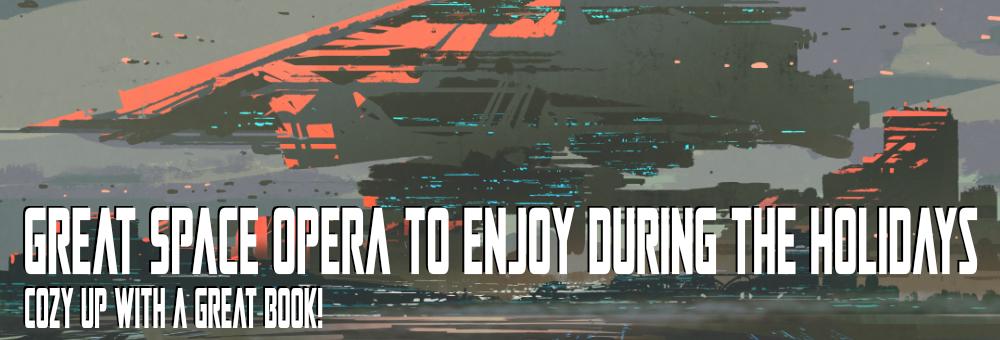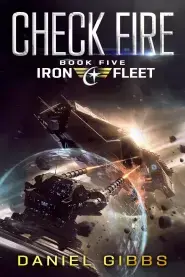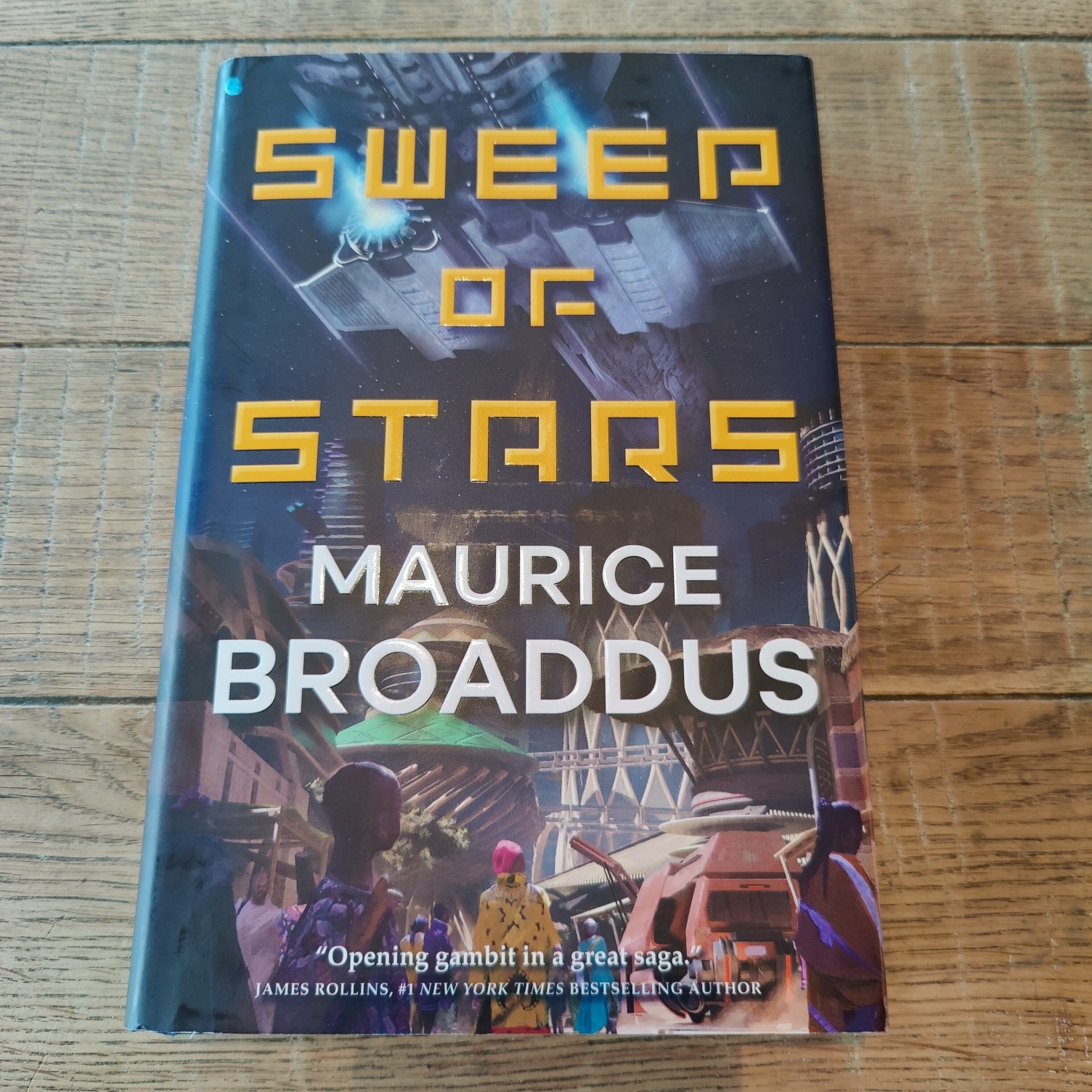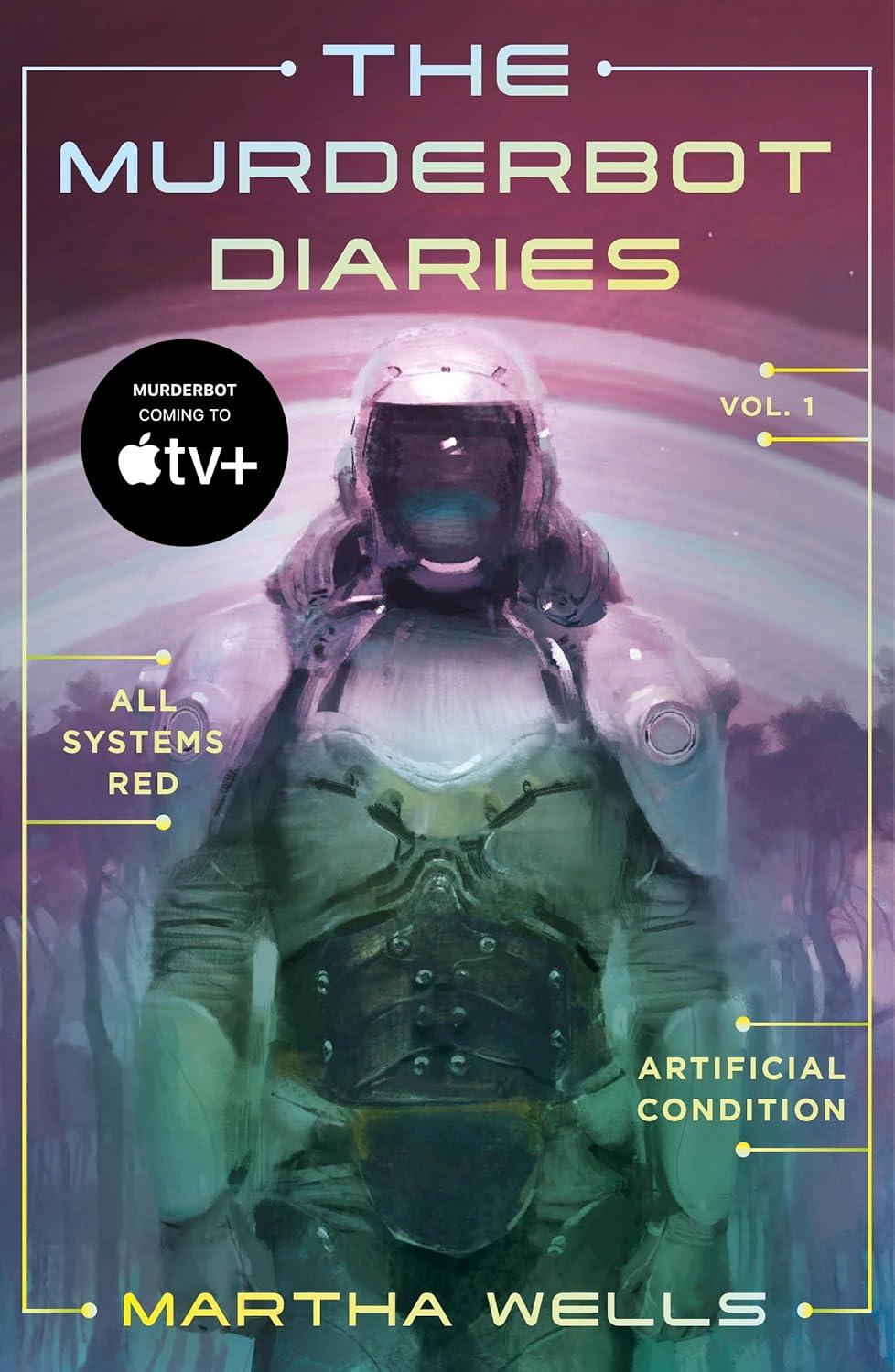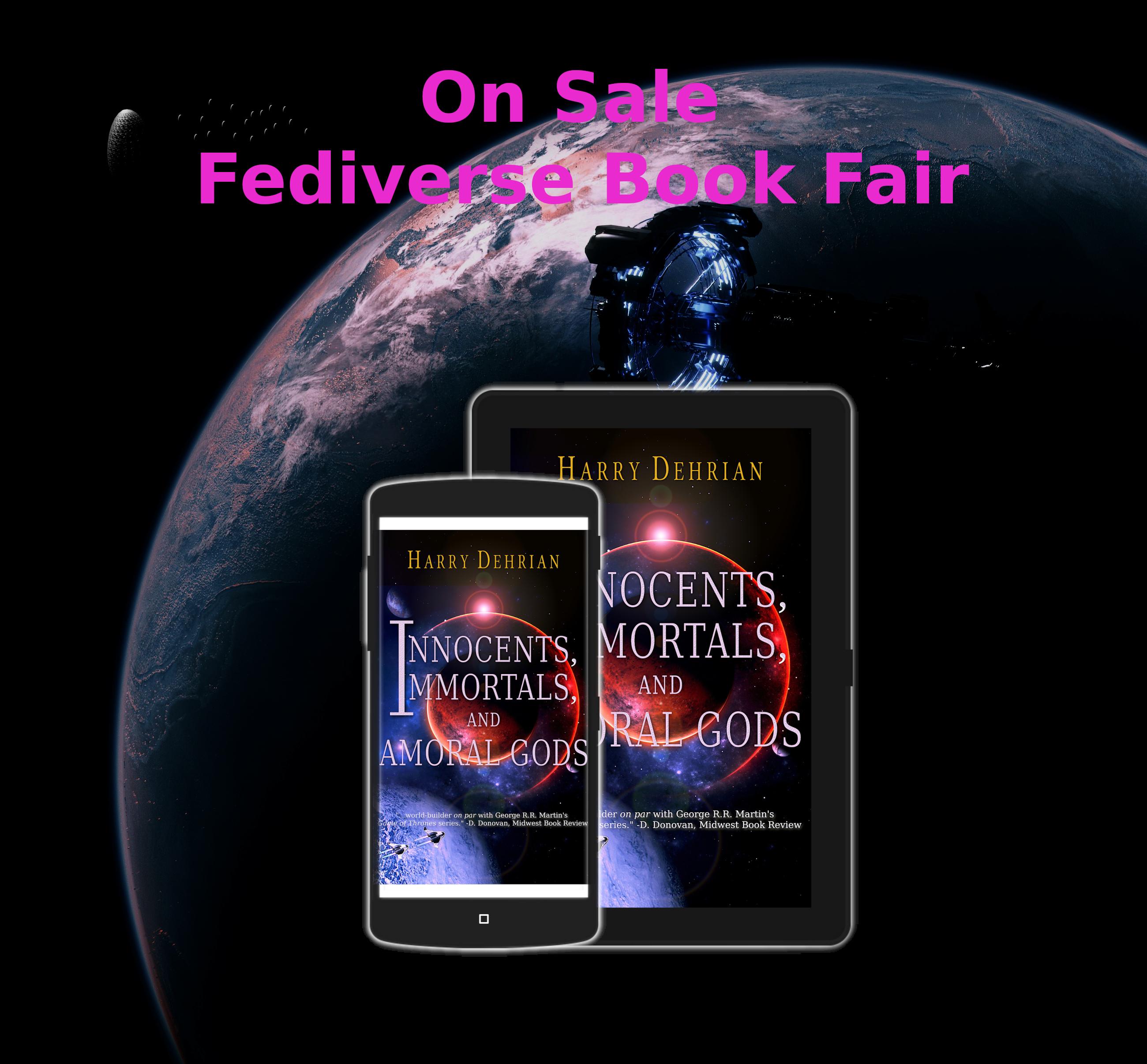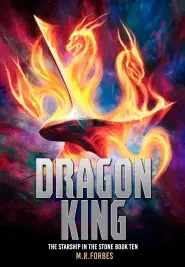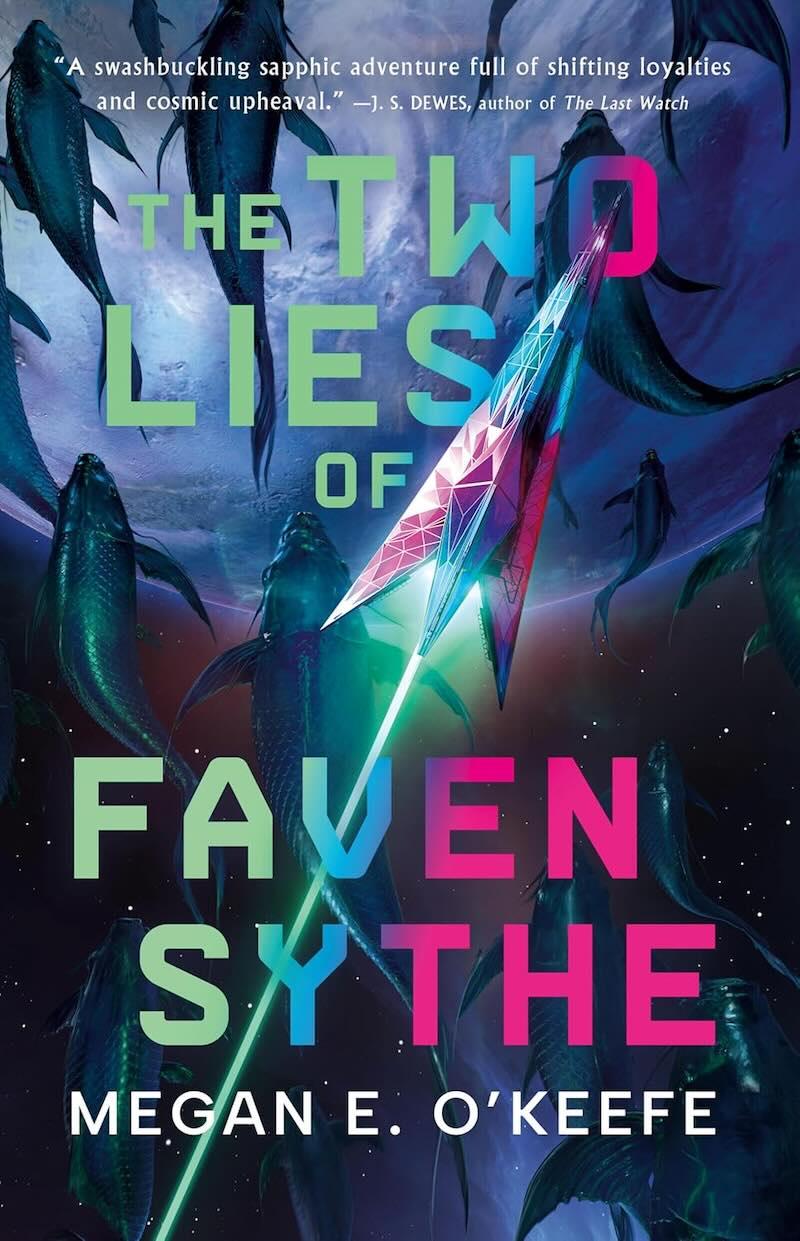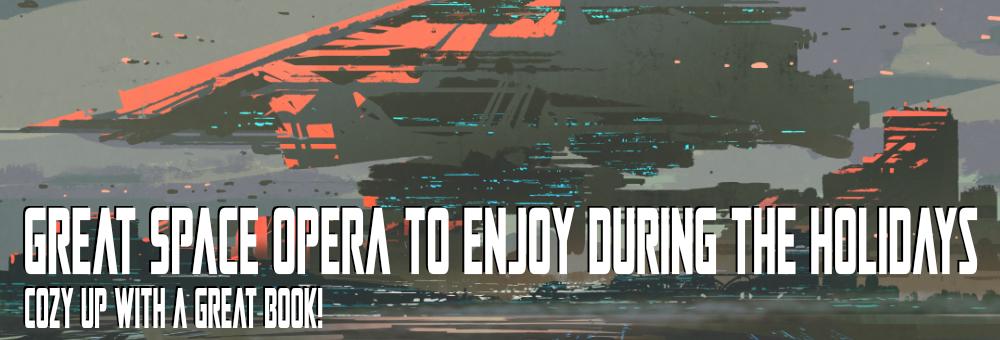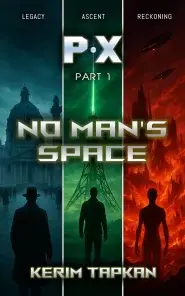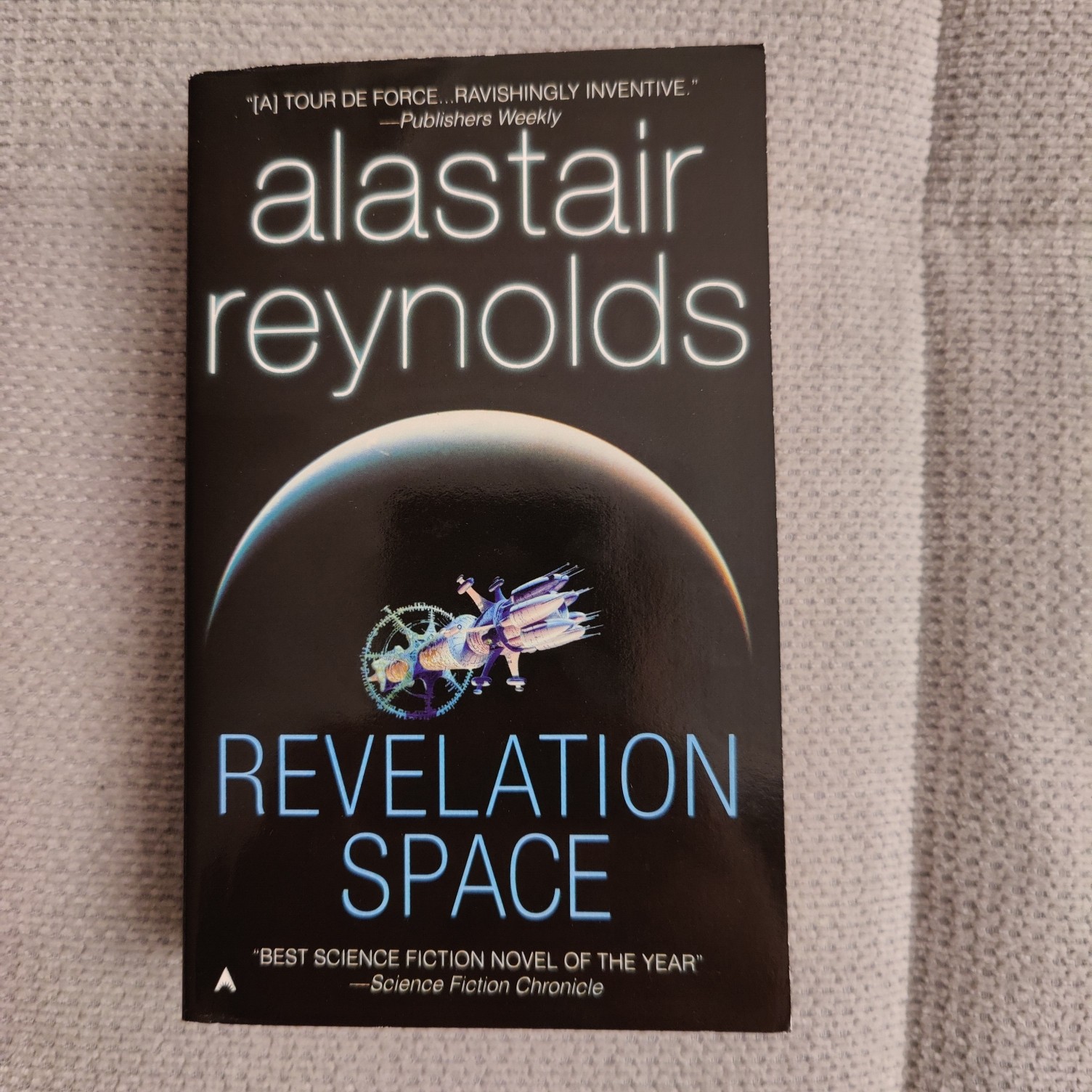My 'Space Opera SF To Wind Down the Year’ book bundle is winding down. Don't miss out on some great (free) SF books from some incredibly talented authors!
The holidays are coming, don't be without a book!
#scifibooks #scifi @scifi @reading
@bookstodon #spaceopera #amreading
I grabbed the ones I didn't already have. My Kobo is bursting at the virtual seams.
My 'Space Opera SF To Wind Down the Year’ book bundle is winding down. Don't miss out on some great (free) SF books from some incredibly talented authors!
The holidays are coming, don't be without a book!
#scifibooks #scifi @scifi @reading
@bookstodon #spaceopera #amreading
I grabbed the ones I didn't already have. My Kobo is bursting at the virtual seams.

